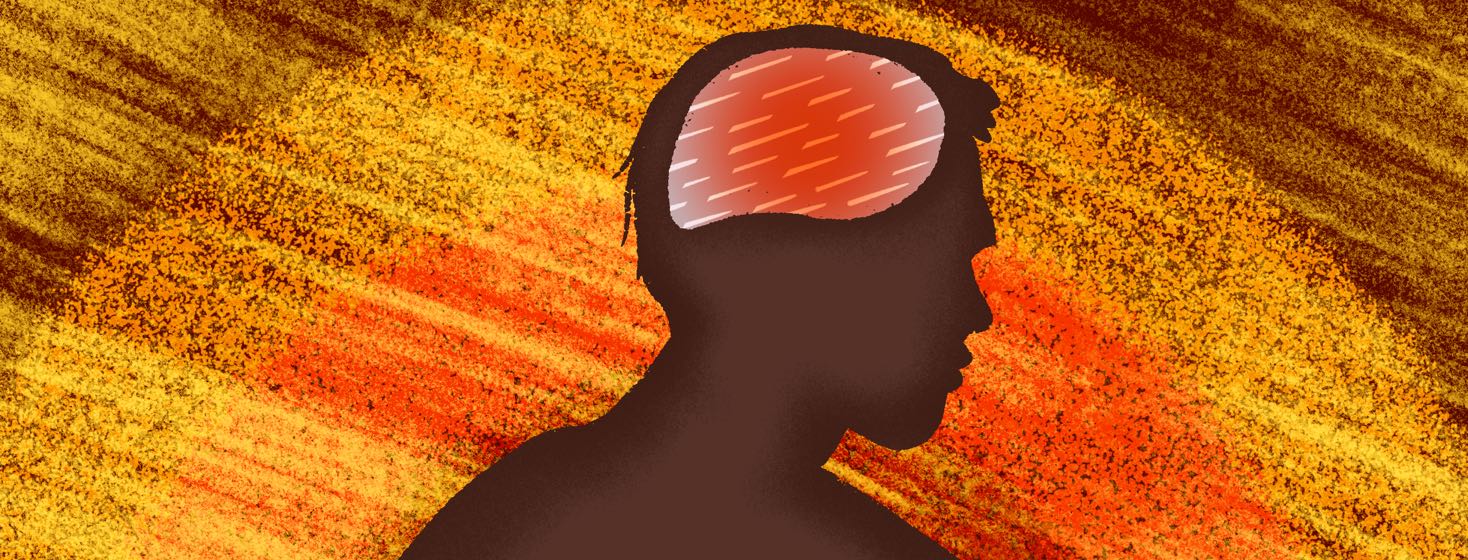Medical PTSD in People With Cancer
The physical symptoms of cancer are not the only things that can take a toll on people living with the condition. Medical post-traumatic stress disorder (PTSD) can also occur in people who are being or have been treated for cancer.1
A person with PTSD may feel:1
- Anxious
- Fearful
- Irritable
- Hyper-vigilant
- Emotionally numb
PTSD symptoms can last for years after a cancer diagnosis
The symptoms of cancer-related PTSD can last for years after the cancer and cancer treatment-related symptoms are gone. A 2018 study found that more than one-third of cancer patients diagnosed with PTSD 6 months after being diagnosed with cancer had developed chronic PTSD by the 4-year mark.1
Even years after treatment, people who have had cancer often wonder if it will come back and worry about the future.2
Feelings of fear and sadness are common
High levels of anxiety and sadness are normal reactions when someone finds out they have cancer. These feelings can persist during cancer treatment too. Well-meaning loved ones may tell the person that they should “think positively” and “fight the cancer.”1
Some people with cancer feel that if they show fear or sadness, they are being “weak.” Others may worry that their negative emotions will have a harmful effect on their immune system. But it is common and natural to feel sad and afraid during this extremely stressful period.1
Signs of post-traumatic stress in people with cancer
The symptoms of post-traumatic stress (PTS) in someone who has had cancer may include:3
- Problems sleeping
- A loss of interest in life
- Feeling fearful, irritable, or defensive
- Avoiding other people
- Not being able to think clearly
The impact of PTSD on people with cancer
PTSD in people who have had cancer often goes undiagnosed and untreated. How cancer-related PTSD affects the treatment outcome in people with cancer is not known. But research shows that a possible outcome of PTSD may be that people with cancer are less likely to stick to their treatment plans.1
Medical PTSD can have serious and long-lasting effects. It can damage your personal relationships and make living a normal life feel impossible. Avoiding people and places linked with cancer, such as doctors’ offices and support groups, is all part of PTSD. As a result, you may not seek professional care to help you feel better.3
Getting help for PTSD
Counseling may help those who have PTSD after a cancer diagnosis. A counselor may recommend cognitive behavioral therapy (CBT) or another form of therapy. The counselor may have you retell the story of your traumatic experiences. They may help you reconnect with your body through yoga and mindfulness activities.2,3
A counselor will help you set a goal that allows you to move beyond your traumatic experiences. And they will help you explore how the trauma of having cancer has affected so many areas of your life.2,3
Support groups can also have benefits. These groups can help you get emotional support, meet other people with similar experiences and symptoms, and learn coping skills.2,3
How have you found ways to cope with prostate cancer? Let us know in the comments below.

Join the conversation